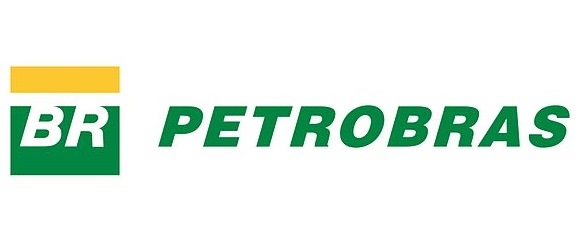Petróleo Brasileiro S.A. (NYSE: PBR), or Petrobras, has had some unusual victories so far in 2014. After looking as though it might challenge a sub-$10 handle earlier this year, Petrobras shares rallied 50% in a hurry. Now the ADSs are up nearly 70% from the low of $10.20. Barclays is the latest firm to get in line for research upgrades from analysts on Wall Street.
What is unusual about the move is that much of it is based on Petrobras looking much better after the elections in October. The most recent rally is on the heels of the belief that Brazilian President Dilma Rousseff may be on shaky grounds.
Petrobras has the absolute worst structure of any major oil giant in the Western hemisphere because its shareholders are put in the backseat, even further than they are in other companies. The capital structure is one in which the Brazilian government itself is the controlling shareholder, and it gets to mandate what concessions Petrobras has to pay to actually drill for the oil and gets to decide what it can charge Brazilian consumers as well.
So, Barclays raised its rating to Buy from Hold with a $22 price target for the common stock. The firm’s take is that Petrobras will have looser control over price mandates after the election — regardless of who wins. Their take is that Rousseff is still a front-runner, so those hopes that the socialist leaning regime’s anti-business policies will disappear could be somewhat based on hope rather than reality. Maybe.
ALSO READ: A Severe Warning for the Petrobras Recovery
The take of the Barclays team is that Petrobras is at an inflection point where the company will get to have some pricing control for a year or two after the elections. They also believe that price hikes in favor of Petrobras could be seen as soon as the fourth quarter of this year or the first quarter of 2015, with the incumbent being able to allow price hikes sooner rather than later.
What will stand out to investors is the Barclays valuation view. It projects that Petrobras is trading at a 40% discount to its net asset value, with the assumption of $100 per barrel. Barclays believes that the discount could shrink to 20% in the next year or 18 months, and it even gave a breakup value that would be above $25, even if you assign a value of zero to the outfit’s domestic refining.
24/7 Wall St. would point out one thing here. The company has raised billions of dollars of capital in the past five years and it has caused massive losses for those buyers who believed in the underlying value story of Petrobras. The problem of using a valuation analysis when a company is not allowed to operate as a normal business and when it is under control of its government and its employee union is that you are applying the values used elsewhere that have little relevance to other companies in other jurisdictions.
If this call was made a few weeks ago, the impact would have likely been far stronger. Petrobras ADSs were up about 1.3% at $17.30 in late-morning trading on Friday, and only on less than 5 million shares after 90 minutes of trading.
Stay tuned, because Petrobras’ future for its common shareholders has a lot riding on the coming October elections in Brazil. A bounce of about 70% in about four months is far from the norm, but so has what happened to Petrobras all the way down.
ALSO READ: Deutsche Bank Says Strong Earnings Can Drive Top Oil Service Stock Picks
In 20 Years, I Haven’t Seen A Cash Back Card This Good
After two decades of reviewing financial products I haven’t seen anything like this. Credit card companies are at war, handing out free rewards and benefits to win the best customers.
A good cash back card can be worth thousands of dollars a year in free money, not to mention other perks like travel, insurance, and access to fancy lounges.
Our top pick today pays up to 5% cash back, a $200 bonus on top, and $0 annual fee. Click here to apply before they stop offering rewards this generous.
Flywheel Publishing has partnered with CardRatings for our coverage of credit card products. Flywheel Publishing and CardRatings may receive a commission from card issuers.
Thank you for reading! Have some feedback for us?
Contact the 24/7 Wall St. editorial team.




